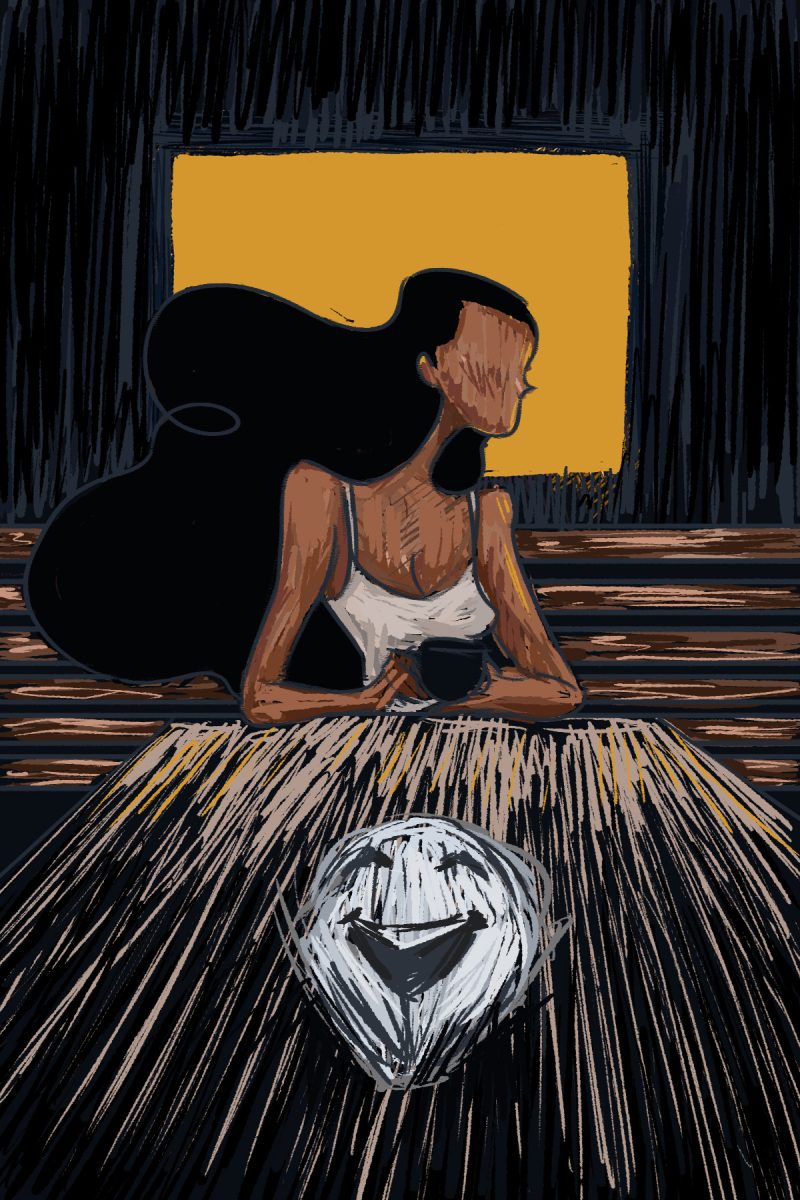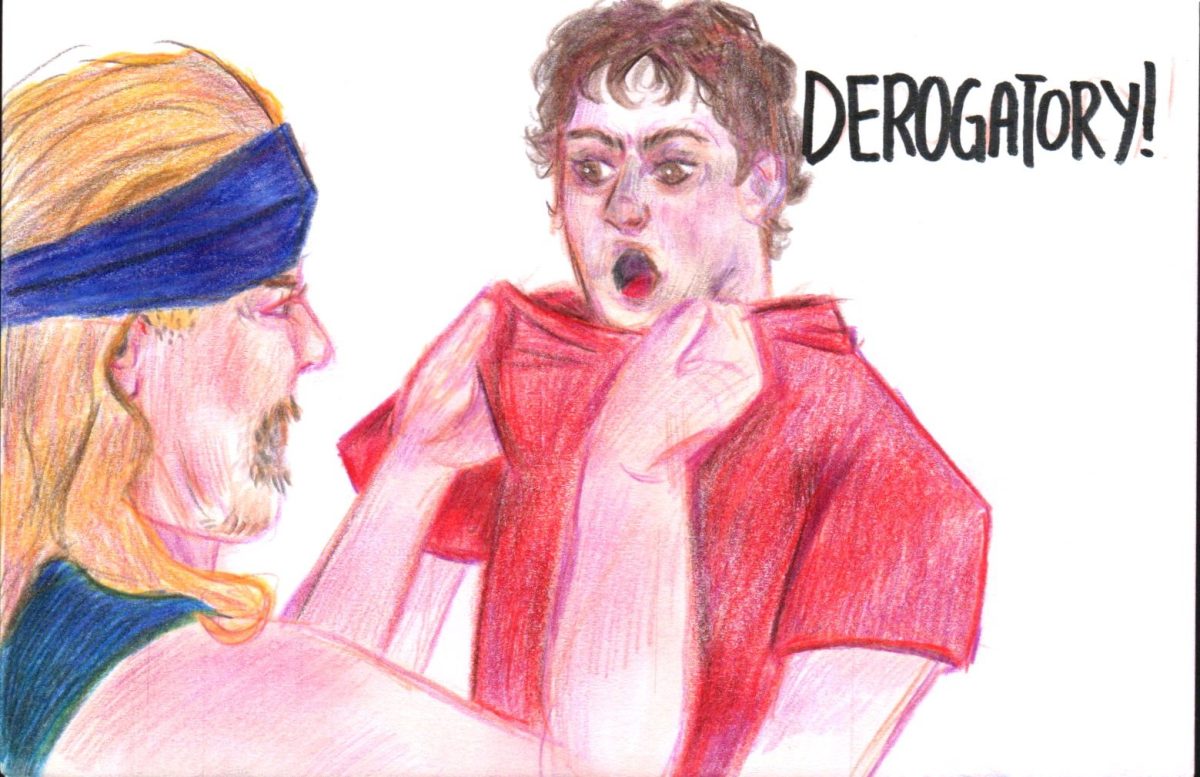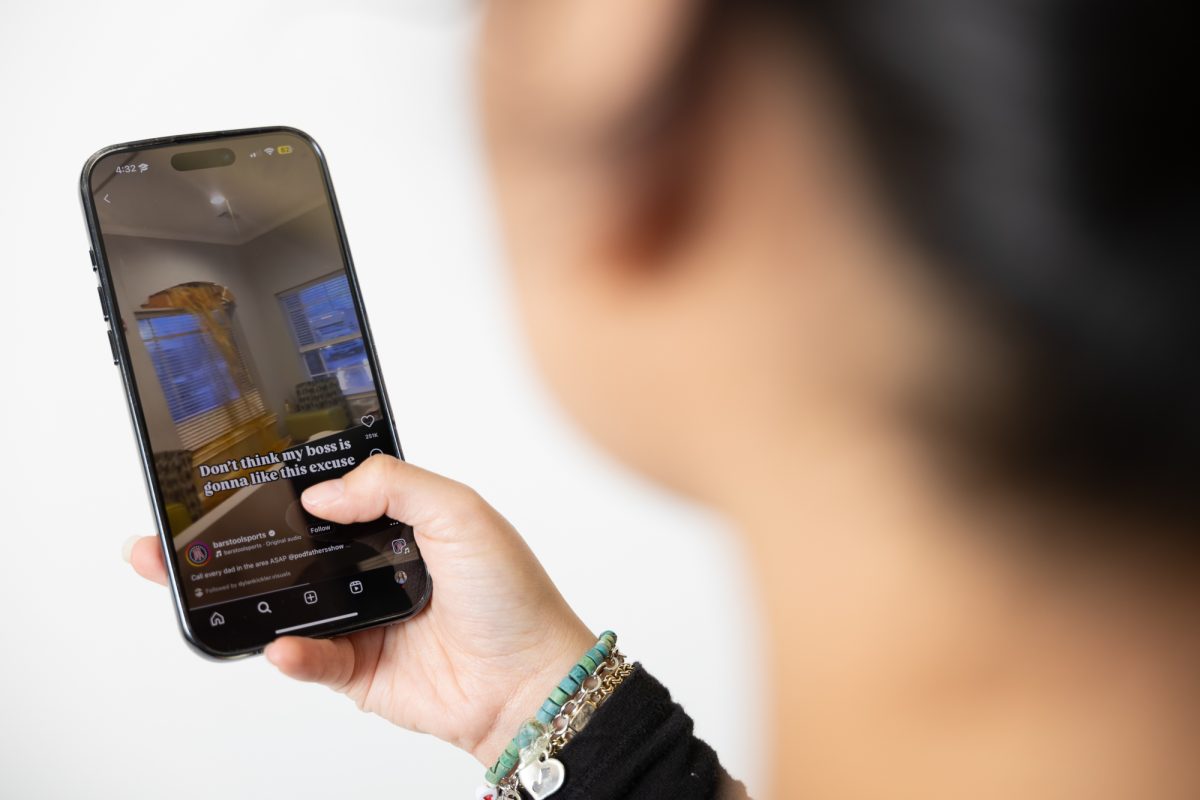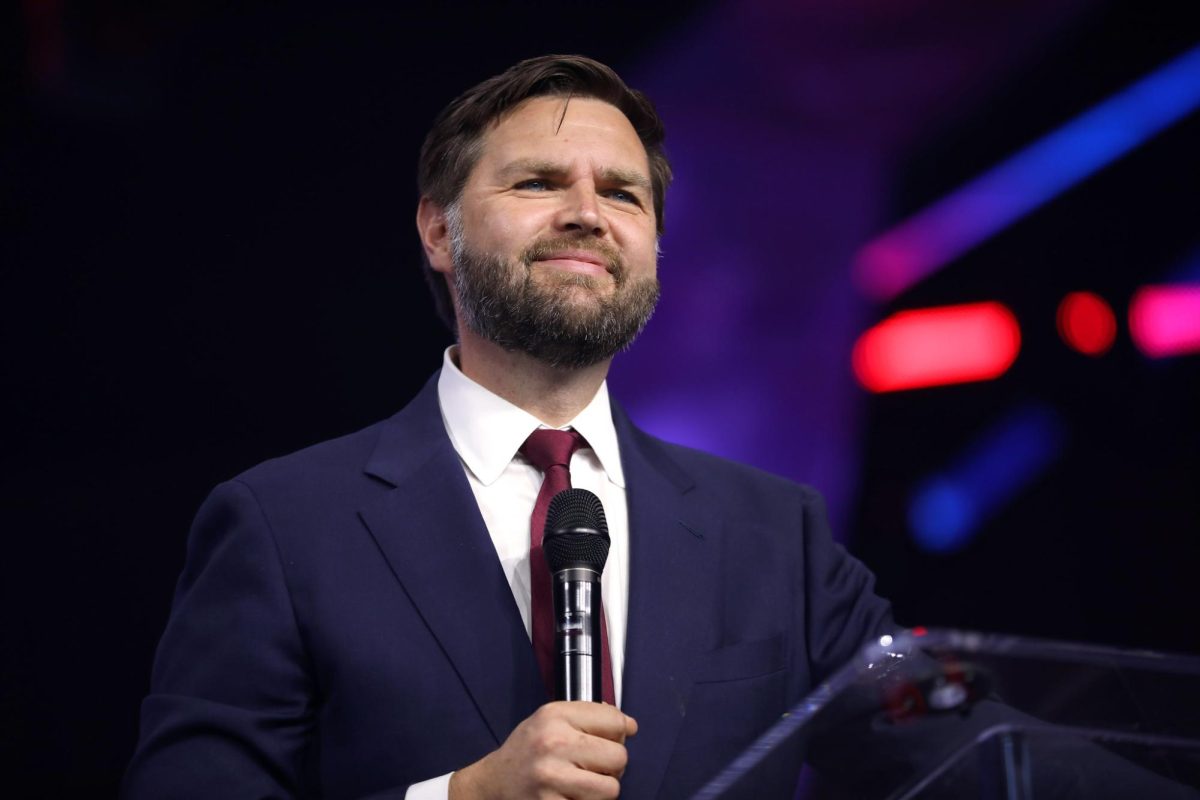For junior Sociology major “Mr. Glass” SB 63-106 and its ramifications for the GLBT Resource Center were of particular importance.
“They don’t necessarily need a support system because they already have one,” he commented in an interview, referring to A&M’s predominately straight and anti-gay attendees.
Indeed, in the midst of SB 63-106‘s rambling ambiguities, there was a surprising (but evident) dearth of understanding regarding the GLBT Resource Center’s importance on campus. For this, Mr. Glass provides an intriguing story.
He was raised in a fundamentalist Christian home and throughout high school harbored dreams of becoming a preacher. His latent homosexuality, though, made that dream untenable.
“I knew that I was gay, but I didn’t want to be because I was still going through a bit of an identity crisis.” If not for a high school debate class, he surmised, he “would still be a conservative, closeted Christian today.”
Still, it’s one thing to adopt a different worldview, and another to accept one’s sexual orientation when living in a community (and with a family) where one’s acceptance isn’t guaranteed. Emotional support is paramount, and for this his close high school friends offered assistance, accepting Mr. Glass when he told them.
It was a necessary, though insufficient step: He would keep this from his relatives for another two years.
In part his enrollment at A&M was an attempt at reinforcing his conservative values (at the time we were the most conservative school in the nation). But what resulted was immeasurably better: Where before Mr. Glass had only informed his close friends, he now accepted his homosexuality and came out on a broader scale — in his freshman year he became a liaison for the GLBT Association (GLBTA).
Later that semester — the last day of Thanksgiving Break — Mr. Glass finally told his mother, only asking she not tell anyone else, especially his grandparents.
“She cried,” Mr. Glass recalled. “She cried a lot.”
One week afterward, an email from his grandfather arrived. Mr. Glass’ “decision,” his grandfather disclosed, was the worst thing imaginable — “worse than murder.” He worried about his grandson’s soul.
“He was the one individual I looked up to,” remembered Mr. Glass, “it’s hard not to internalize complete rejection from a role model like that. And I know that on some level, it’s been applied to how I view the world, potentially the University; and how basically I view myself.”
Now Mr. Glass’ relationship with his grandfather is strained, and only exists through his grandmother. She, too, is religious, and took the news in the same way as his grandfather. But family remains important to her, and she has a number of gay relatives. So long as he fulfills his “obligations as a Christian” and “doesn’t act upon it,” she can accept her grandson. (Forbidden actions include staples of college life such as dating.) As far as she knows, Mr. Glass does not have a boyfriend, and is leading a life of quiet repression.
His father’s reaction was less disappointing: The man may not like that his son is gay, but he accepts Mr. Glass as is.
Predictably, A&M has not provided a respite — nor did he expect it to. He knew from previous visits it was “a very conservative, potentially dogmatic place at times.” Our students’ intransigence — and in many cases blatant disgust — have proven him correct.
Ask, and Mr. Glass will describe the dirty and confused leers he receives from fellow students when innocuously holding his boyfriend’s hand. It’s a daily occurrence, and that’s on the main campus, where he feels physically safe. “All we can really do is laugh. But it’s just the nature of the campus.”
Northgate, however — where alcohol brings out the churlishness of many — mandates protection.
“I don’t necessarily feel comfortable holding my boyfriend’s hand at the Dixie Chicken. There are a lot of reported hate crimes that happen in that general area. So, I mean, if I was to go there, I have a switchblade/pocketknife. If it comes down to it, I at least know I have some sort of protection.”
To date, Mr. Glass has not had to use that pocketknife, and luckily has found several oases of acceptance. Many of his friends attend Universalist Unitarian Church on Wellborn. It is, as Mr. Glass says, “the most accepting religious affiliation you can hope for.” The GLBTA and Aggie Allies also provide support; as well as friends who are part of neither group, but who don’t judge Mr. Glass for his sexual orientation.
At the moment, though, A&M’s students only seem prepared to proffer these meager pockets of acceptance, instead of becoming the family we claim to be.
A&M and homosexuality
November 22, 2011
0
Donate to The Battalion
$1415
$5000
Contributed
Our Goal
Your donation will support the student journalists of Texas A&M University - College Station. Your contribution will allow us to purchase equipment and cover our annual website hosting costs, in addition to paying freelance staffers for their work, travel costs for coverage and more!
More to Discover









